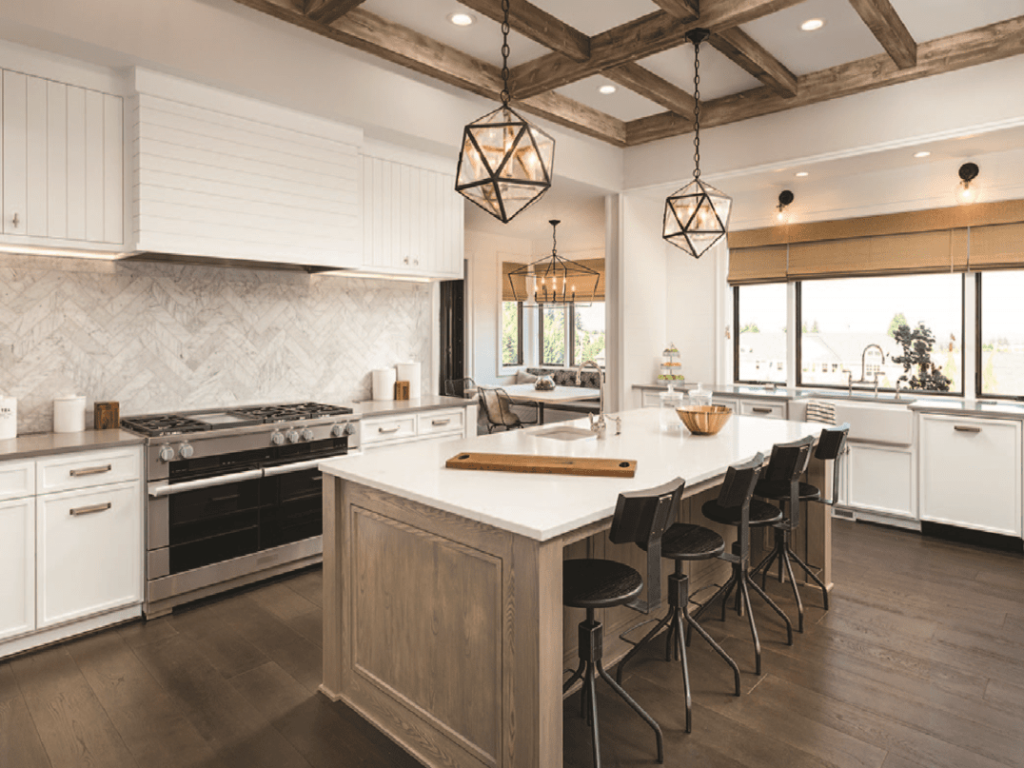If you’ve never visited an Arab country, there are many reasons to do so, and the food is just one of them. In the Arab world, you can find some of the most delicious (not to mention some of the cheapest!) meals you’ll ever eat in your life. Arabs do magic in the kitchen! If you like trying new things, start packing your bags!
Just like any other nation, Arabs take pride in their culture and its culinary skills. It’s very personal though – they’re almost married to food.
Warning: If you happen to be the guest of an Arab, they don’t take no for an answer when it’s lunch time, and they don’t spare you even if you’re on a healthy diet to lose weight.
Food in the Arab world goes beyond just sustenance. It’s a vital characteristic of Arab culture and is heavily incorporated in traditional and even religious ceremonies and events. Preserving culinary traditions can be a form of resistance in times of loss and war. Arabs living abroad, especially, look to food as a way to get a taste of home. In many ways, food represents home to Arabs who have been displaced.
So how do Arabs treat food?
If you ask an Arab how is it that their food tastes so good, they will claim that it’s more than just following a recipe, it’s the nafas they put into it. The direct translation of nafas is breath in Arabic. It’s the love and patience you put into making the food, that makes it taste good. Arabs who cook for guests do more than prepare a simple meal; they’re putting their love and appreciation into the art of traditional food and vice versa, as they can also channel their loss and frustration into food.
In the Arab culture, betrayal after breaking bread with someone is unforgivable. “There’s khubz and mileh (bread and salt) between us, now we’re like family” is an old Arab proverb. It illustrates the value of food in the Middle East, and what it means for Arabs to share a meal. With this being said, no wonder the kitchen is an important part of an Arab household.
So let’s now take a look at some kitchen-related vocabulary in Arabic
| English | Transliteration | Arabic |
|---|---|---|
| Kitchen in Arabic | Matbakh | مطبخ |
| Appliances in Arabic | ajhizah kahraba’ya | اجهزة كهربائية |
| Cook in Arabic | Tabbaakh | طبّاخ |
| Refrigerator in Arabic | Thallajah | ثلاجة |
| Oven in Arabic | Forn | فرن |
| Table in Arabic | Tawilah | طاولة |
| Cupboard in Arabic | Khazanat sohon | خزانة صحون |
| Dishwasher in Arabic | Ghsalat assohon | غسالة صحون |
| Plate in Arabic | Tabaq | طبق |
| Fork in Arabic | Shawkah | شوكة |
| Spoon in Arabic | Mil’aqah | ملعقة |
| Knife in Arabic | Sikken | سكين |
| Frying pan in Arabic | Miqlah | مقلاة |
| Bowl in Arabic | Zibdyah | زبدية |
| Sugar bowl in Arabic | Sokkaryeh | سكرية |
| Tray in Arabic | Seinyeh | صينية |
| Cooking pan in Arabic | Tanjarah | طنجرة |
| Kettle in Arabic | Ghalayah | غلاية |
| Saucer in Arabic | Sahn finjan | صحن فنجان |
| Bottle in Arabic | Qannenah | قنينة |
| Colander in Arabic | Misfah | مصفاه |
| Blender in Arabic | Khallaat | خلاط |
| Teapot in Arabic | ‘ibriq shaai | ابريق شاي |
| Glass in Arabic | Ka’s | كأس |
| Coffee grinder in Arabic | Mithanatu qahwah | مطحنة القهوة |
| Microwave in Arabic | Microwave | ميكرويف |
| Napkin in Arabic | Mindiil | منديل |
| Sink in Arabic | Balu’ah | بالوعة |
| Coffee cup in Arabic | Finjaan qahwah | فنجان قهوة |
| Stove in Arabic | Mawqid | مَوقِد |
| Toaster in Arabic | Mihmasatu khubz | محمصة خُبز |
| Coffee maker in Arabic | Saani’atu qahwah | صانعة القهوة |
Take it from us, Arab dishes are not only delicious, but aim to preserve Arab identity, tradition and a feeling of “home.” So, the next time you think a spoon is merely a tool, think about how it would be if you had to eat with chopsticks for the rest of your life.
If you wish to learn more about the Arabic language, download our Arabic learning app



